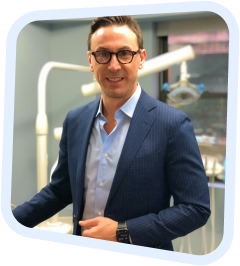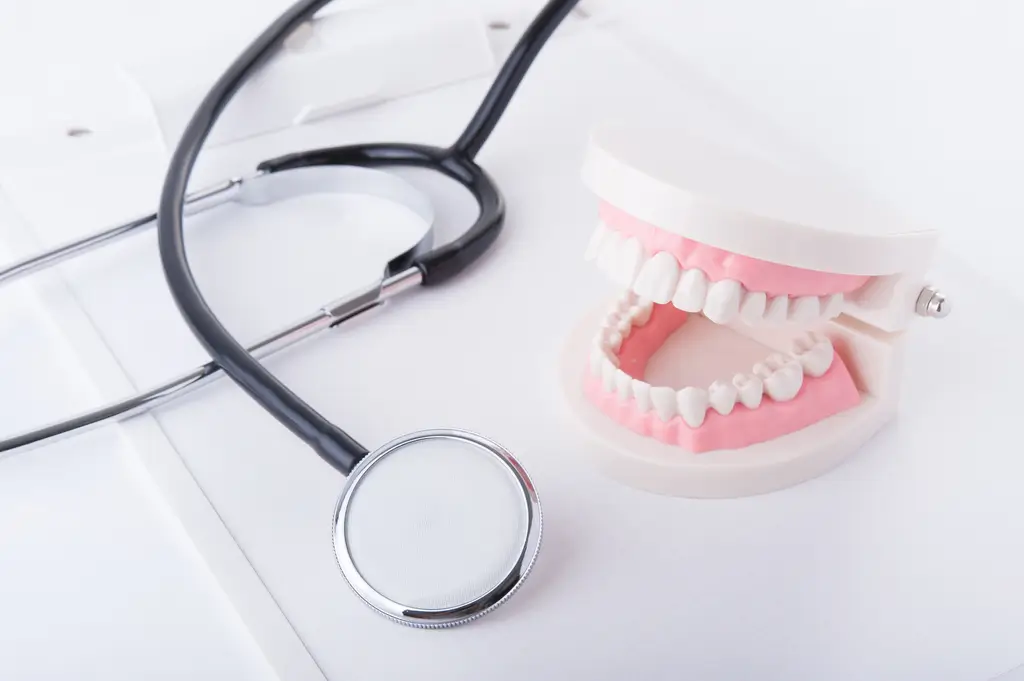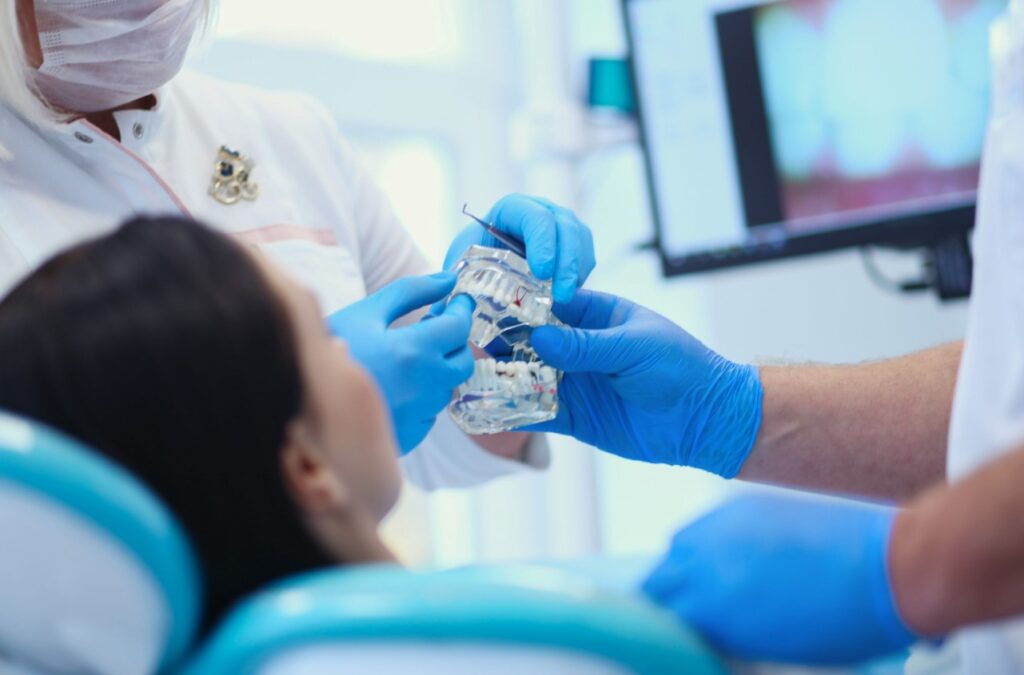
When Do You Need a Crown?
The primary purpose of dental crowns is to restore a tooth to its original strength and support and protect teeth that have been damaged or decayed. It holds the tooth together and prevents further breakage, helping to safely direct the forces of chewing. It’s a common part of restorative dentistry. If you grind your teeth, you may need one to restore the worn-down tooth. They are often used with implants, covering the implant and helping it blend in with the surrounding teeth or on either side of a dental bridge. There’s an aesthetic benefit, too – they can also hide discoloration.
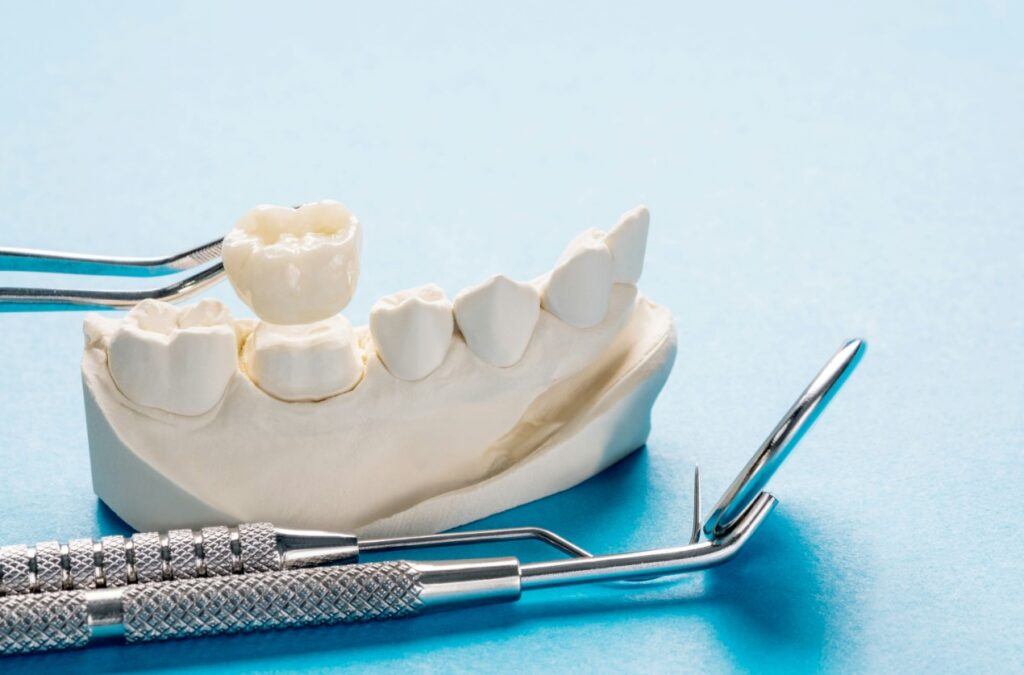
The Dental Crown Procedure
- Assessment
Your dentist will examine your teeth and evaluate whether this is the right solution for your oral health problems. This will include x-rays to check whether you also require a root canal treatment or an implant. - Tooth Preparation
The procedure begins with the preparation of the tooth that will be crowned/covered. Your dentist will re-shape the tooth to create space. - Impression
Next, we’ll make an impression of your mouth/tooth to create a unique fit for the crown. Traditional impressions are often replaced by a 3D scan of your mouth. - Temporary Crown
While you wait for your crown to be created, your dentist will insert a temporary acrylic or resin crown to protect the tooth. It usually takes about two weeks for your personalized crown to be delivered. - Final Placement & Adjustments
Once your crown has arrived, you’ll have your second appointment. Your dentist will remove the temporary crown and replace it with the final restoration, adjusting it as needed for a comfortable, aligned fit. Once you’re both satisfied, it’ll be cemented into place. - Recovery
You may experience some sensitivity for a short period after the procedure.
Types of Crowns
- Ceramic or Porcelain
The ceramic or porcelain crown is often said to be the most natural-looking, so they’re commonly used for front teeth. However, they are also used for posterior teeth because it is has strength and proven durable. - Composite Resin
This type is made from acrylic that can be color-matched to the rest of your teeth. It’s a cheaper option for front teeth than porcelain or ceramic, but it can also be fragile, break, and absorb stains more easily. - Metal Alloy
Crowns can be made out of a variety of metals, including gold, palladium, nickel, and stainless steel. These are incredibly sturdy and durable – and a budget-friendly choice. However, due to the color, they’re usually reserved for posterior teeth. - Porcelain Fused to Metal
This combines the best of both worlds – the strength of metal with the aesthetic appeal of porcelain. Be aware that the porcelain coating may chip off over time with heavy clenches and grinders. - Zirconia
Zirconia is zirconium dioxide, a very durable type of material that may be considered a metal that looks like porcelain. It is as strong and durable as metal but can chip if it is too thin. However, it can sometimes be tough to match, requiring a layer of porcelain to blend in with your other teeth. It also has a good biocompatible component.
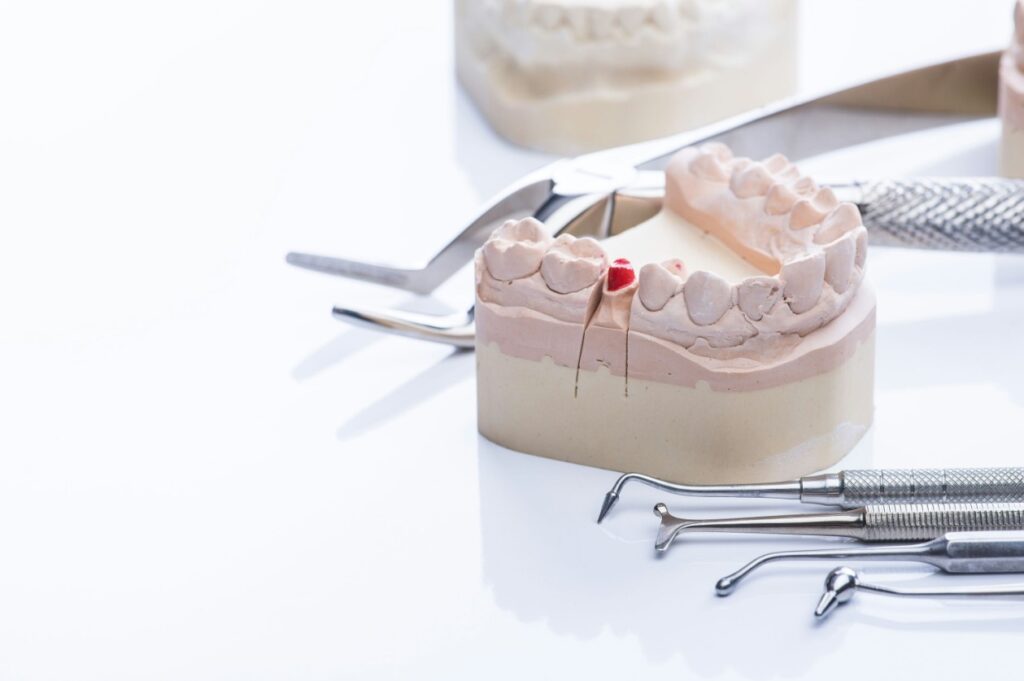
Transform Your Smile at Advanced Dental Arts NYC
Now you know what a crown is in dentistry, it’s time to make the best choice for your teeth. Our highly qualified, experienced dentists will guide you through the process from start to finish, creating customized crowns made from top-quality, long-lasting materials. With a high standard of care and a patient-centered approach, we make the whole process easy and comfortable. Book a consultation appointment for all your restorative dentistry needs today!

